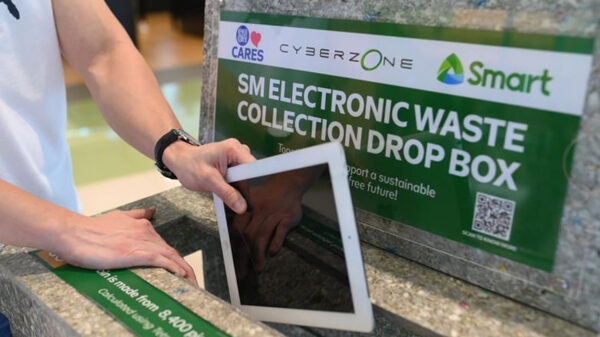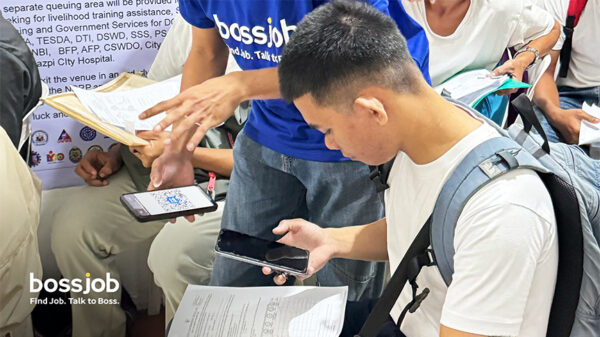Kaspersky announced the free availability of its core endpoint security products for medical organizations, in order to help them stay protected from cyberthreats during the pandemic. The full list of B2B products available for free for six months includes Kaspersky Endpoint Security Cloud Plus, Kaspersky Security for Microsoft Office 365, Kaspersky Endpoint Security for Business Advanced and Kaspersky Hybrid Cloud Security.
Continuity of operations and data protection is extremely critical for healthcare organizations. Especially in the current situation, when medical organizations are under extreme pressure and have to mobilize all their forces to help people in this very challenging time. For hospitals and medical institutions, it is important to ensure the stability of medical equipment and that data is constantly available for medical personnel, while also protecting the privacy of their patients’ critical information.
To help medical organizations cope with the unprecedented pressure and help relieve cybersecurity risks that may arise during this period, Kaspersky has made its B2B solutions available for free. This includes endpoint and cloud infrastructure protection products, such as Kaspersky Endpoint Security for Business Advanced and Kaspersky Hybrid Cloud Security, SaaS endpoint protection – Kaspersky Endpoint Security Cloud Plus – and protection for Microsoft Office 365 – Kaspersky Security for Microsoft Office 365.
“In this critical situation, healthcare institutions are under immense pressure and carry huge responsibility while saving people’s lives and fighting against the infection. Doctors, nurses and all medical staff take on most of the load and therefore need any support possible. We feel that it is our duty to support the medical community,” said Evgeniya Naumova, Vice President of the Global Sales Network at Kaspersky.
“In order to help these organizations focus on what matters most, we now offer healthcare institutions free licenses for key Kaspersky corporate products for a six month period,” added Naumova.
Along with this initiative, Kaspersky also suggests that medical institutions follow cybersecurity practices and implement the following measures as soon as possible:
1) Schedule basic security awareness education for both medical personnel and administration employees – it should cover the most essential practices such as passwords and accounts, email security, use of USB devices, PC security and safe web browsing. Explain to the hospital’s staff that there is an increasing risk of cyberthreats for healthcare IT systems.
2) It is the right time to check the hospital’s protection solution, make sure it is up to date, configured properly and covers all employees’ devices. Switch on a firewall to enable protection from threats coming from the internet. The security solution should enable protection from ransomware as it one of the common threats for medical organizations.
3) Ensure all specific medical devices are properly configured and updated, such as ventilators. If there is a chance that the number of such devices increases rapidly, develop a dedicated procedure to quickly install and configure all new devices.
4) Some hospitals urgently hire new staff which means growing the number of endpoints, including new employees’ personal devices. This can damage visibility and control over corporate IT, so IT services should pay special attention to adding protection to these new devices. It’s better to have security profiles, policies and licenses in advance to just add them to new devices when needed.
5) Make sure your current security solution enables purchasing of enough licenses for the increasing number of devices.




















































































































